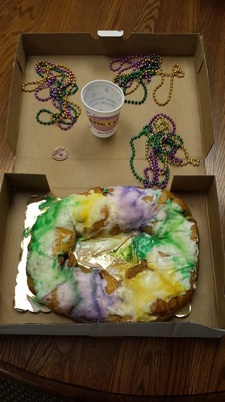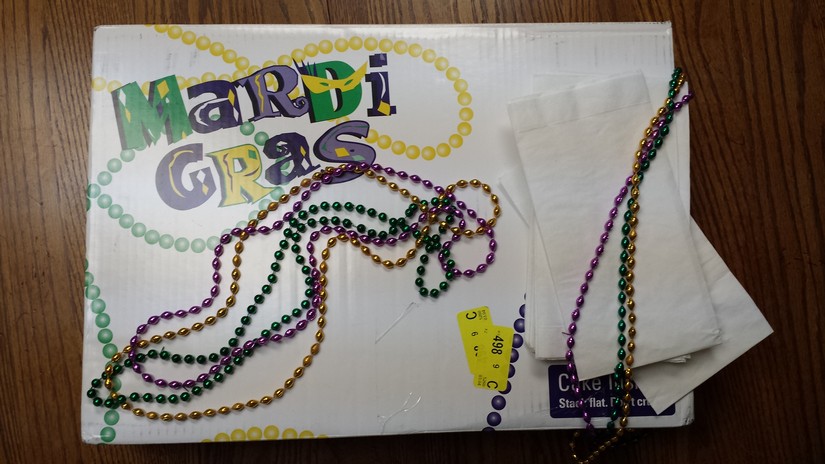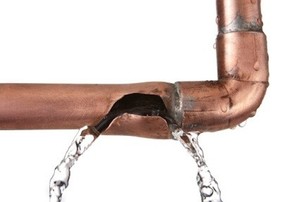
Carnival festivities made their way from New Orleans, Louisiana to Denver, Colorado recently as we took a moment to celebrate this renowned celebration here in the office.
With music favorites like Dr. John and Professor Longhair playing in the background, the staff at Blue Raccoon Consulting Group celebrated its Louisiana roots by hosting a King Cake Party here in our Aurora office. Thanks to close friends ‘back home’ the staff feasted on an authentic New Orleans King Cake from Caluda’s Bakery. The rite of hiding the baby figurine in one slice of cake was followed by lengthy explanations of Mardi Gras traditions to some of the staff and answering questions pertaining to the carnival season and festivities. A rallying shout of “Throw Me Something Mister” concluded our mini carnival celebration.
Our thanks to Ray Fuenzalida, Commercial Broker with Harvey Canal Limited Partnership, for supplying us with this tasty treat, Mardi Gras trinkets, and parade throws. It would not have been Mardi-Gras-in-Colorado without your generosity and thoughtfulness!
-The Blue Raccoon Consulting Team
With music favorites like Dr. John and Professor Longhair playing in the background, the staff at Blue Raccoon Consulting Group celebrated its Louisiana roots by hosting a King Cake Party here in our Aurora office. Thanks to close friends ‘back home’ the staff feasted on an authentic New Orleans King Cake from Caluda’s Bakery. The rite of hiding the baby figurine in one slice of cake was followed by lengthy explanations of Mardi Gras traditions to some of the staff and answering questions pertaining to the carnival season and festivities. A rallying shout of “Throw Me Something Mister” concluded our mini carnival celebration.
Our thanks to Ray Fuenzalida, Commercial Broker with Harvey Canal Limited Partnership, for supplying us with this tasty treat, Mardi Gras trinkets, and parade throws. It would not have been Mardi-Gras-in-Colorado without your generosity and thoughtfulness!
-The Blue Raccoon Consulting Team



 RSS Feed
RSS Feed

